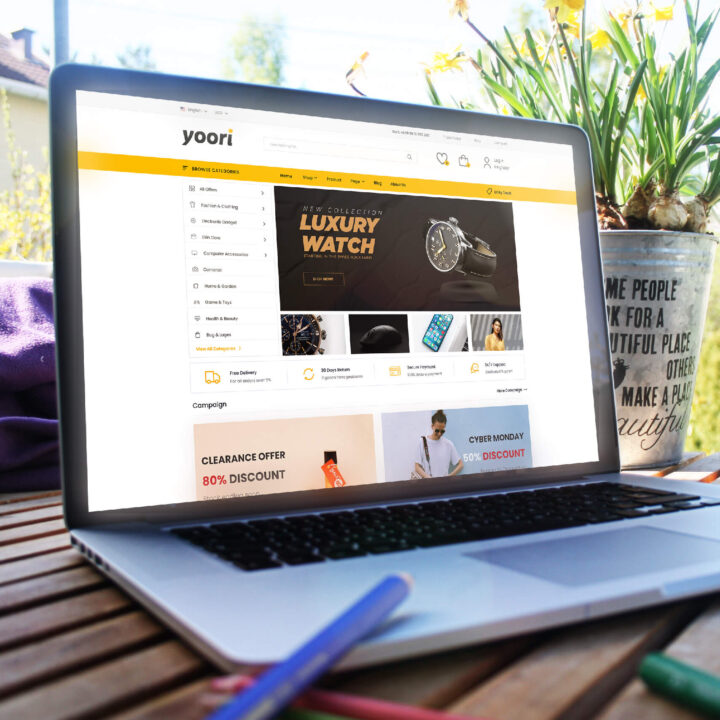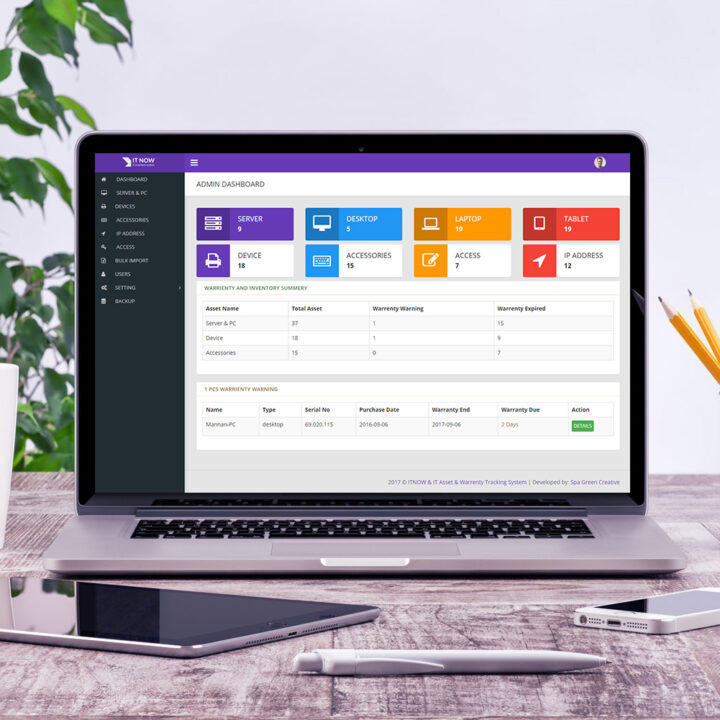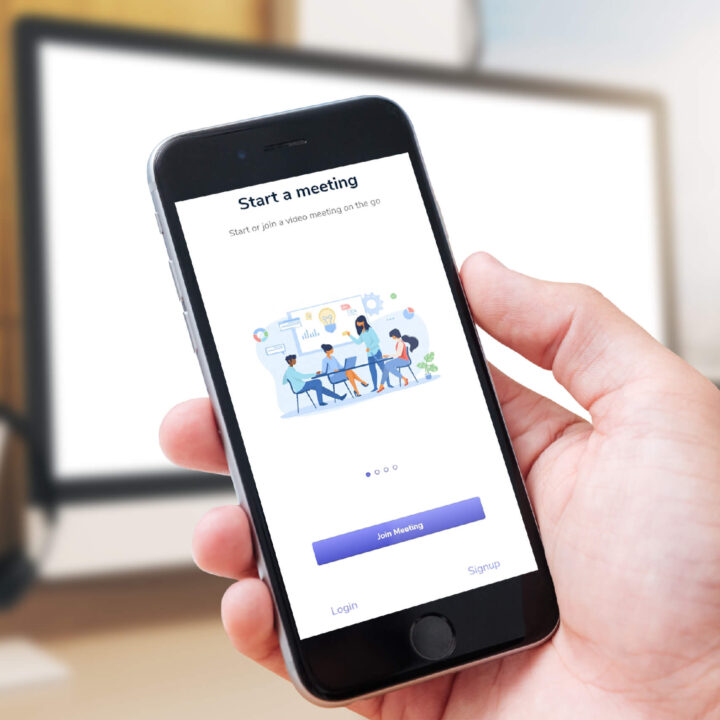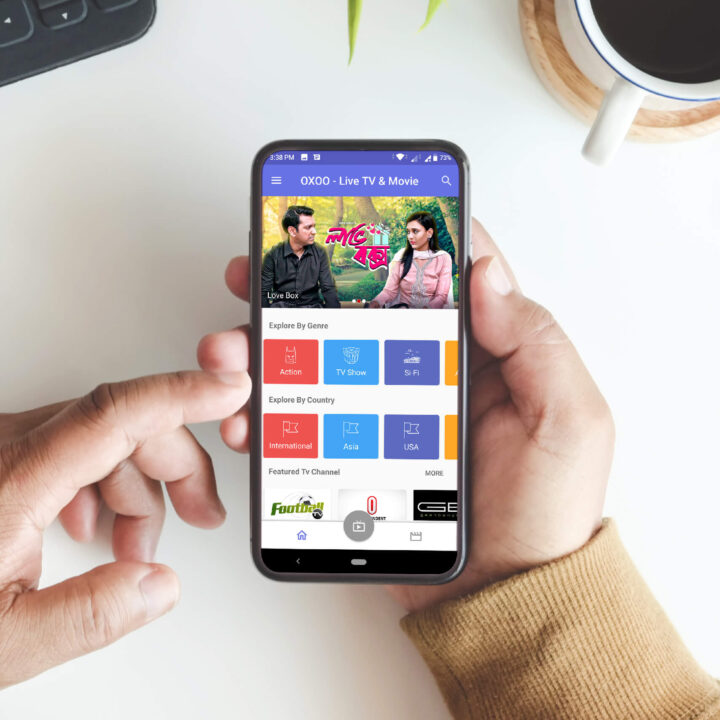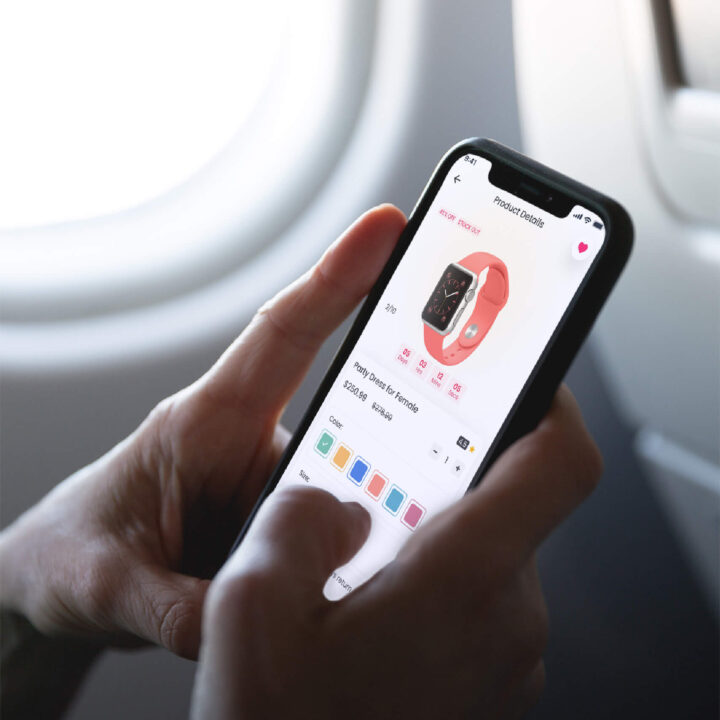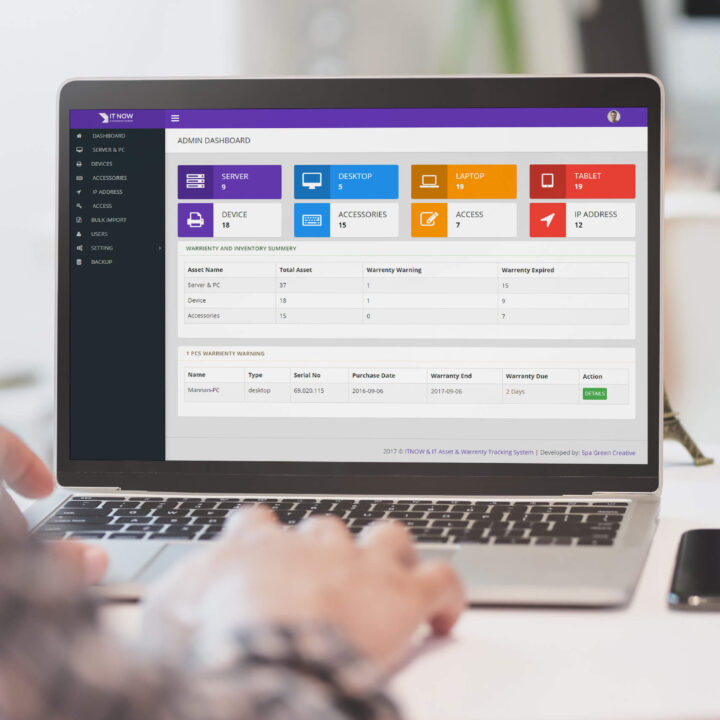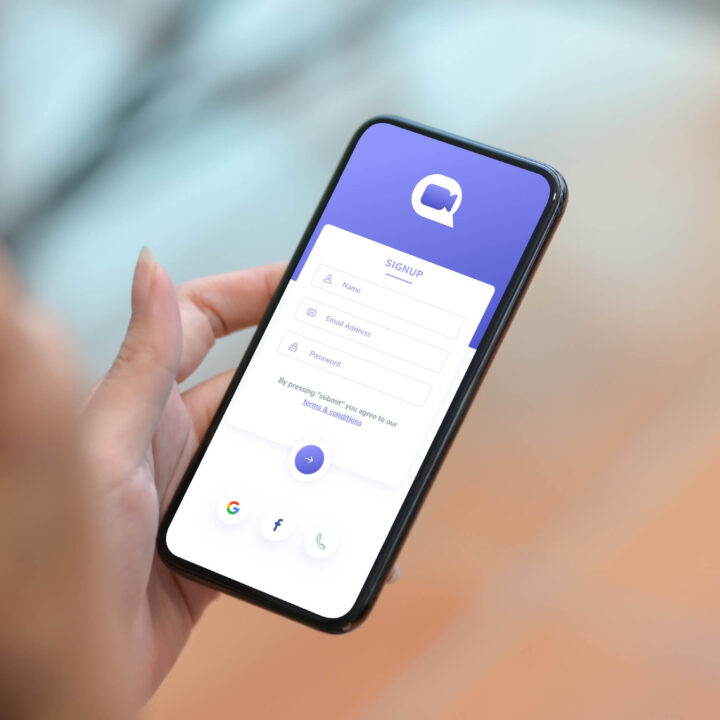WhatsApp vs. Email Marketing: Which One Delivers Better ROI?
WhatsApp vs. Email Marketing: In the fast-paced world of digital marketing, finding channels that deliver strong ROI with minimal investment is essential. Two of the most widely used options are WhatsApp Marketing and Email Marketing.
But which one is more effective for your business? Let’s break it down based on crucial metrics like open rates, engagement, cost, personalisation, and more.
Comparison Benchmarks
To determine which platform performs better, we’ve analysed the following parameters:
Open Rates
- Engagement
- Cost-Effectiveness
- Personalization
- Reach
- Spam Risk
- Best Use Case
Open Rates
WhatsApp vs. Email Marketing
- WhatsApp: Over 98% open rate, with most messages seen within minutes.
- Email: Typically 20-30% open rate, highly dependent on subject lines.
Winner: WhatsApp
Why? Its instant visibility and higher open rates make it unbeatable.
Engagement
WhatsApp vs. Email Marketing
WhatsApp: Encourages real-time conversations and instant replies.
Email: Responses can be delayed by hours or even days.
Winner: WhatsApp
Why? Its real-time interaction fosters better user engagement.
Cost-Effectiveness
WhatsApp vs. Email Marketing
WhatsApp: Affordable for small-scale, targeted campaigns, but can get expensive when scaled.
Email: Extremely low-cost when sending to large audiences.
Winner: Email Marketing (for large campaigns)
Why? Better for mass communication at scale with lower costs.
Personalisation
WhatsApp vs. Email Marketing
WhatsApp: Offers rich personalisation with images, videos, quick replies, voice notes, and flows.
Email: Supports personalisation but lacks real-time interaction and media-rich content.
Winner: WhatsApp
Why? More dynamic and interactive personalisation options.
Reach
WhatsApp vs. Email Marketing
WhatsApp: Limited to WhatsApp users.
Email: Accessible to anyone with an email address.
Winner: Email Marketing
Why? Broader global accessibility and lead collection ease.
Spam Risk
WhatsApp vs. Email Marketing
WhatsApp: Strict opt-in policies reduce spam and improve message delivery.
Email: Prone to spam filters, unsubscribes, and promotional folder placement.
Winner: WhatsApp
Why? Ensures higher inbox rates due to verified and opted-in users.
Best Use Cases
WhatsApp vs. Email Marketing
WhatsApp Marketing: Ideal for promotions, flash sales, reminders, instant customer support, and interactive campaigns.
Email Marketing: Best for newsletters, product updates, long-form storytelling, and drip campaigns.
Looking for a WhatsApp Marketing Tool?
We recommend two powerful tools depending on your needs:
🛠 Ready Script Tool: SaleBot
If you want full control and a one-time purchase option, SaleBot is an excellent choice.
Key Features:
- Ready-to-use SaaS script
- Powerful Meta Cloud API integration
- Flow builder for automation
- AI-powered chatbot
- WhatsApp + Telegram marketing
- Live chat support
- Lifetime free updates
- Team collaboration
Build your own SaaS or use it as a standalone system
So, Which Delivers Better ROI?
👉 It depends on your business goals.
Choose WhatsApp Marketing if you want immediate engagement, personalised interactions, and faster conversions.
Choose Email Marketing for scalable outreach, content-heavy communication, and lead nurturing.
✅ Best Strategy: Use them together in an omnichannel approach to reach and engage audiences effectively at every stage of their journey.
💼 SaaS Platform: SaleMag
If you prefer a cloud-based solution without setup hassle, try SaleMag — an all-in-one WhatsApp and omnichannel marketing SaaS.

Why Choose SaleMag?
- Start immediately — no installation needed.
- Supports WhatsApp, Telegram, Messenger, Instagram, and SMS.
- Pre-built automation flows.
- Smart integrations (WooCommerce, Shopify, OpenAI, SMS Gateways).
- List management and user control.
- Optimised for conversions and campaign performance.
- Free plan available to test!
FAQs About WhatsApp vs. Email Marketing
Q1. Is WhatsApp Marketing legal?
Yes, as long as you follow WhatsApp’s policies, such as getting user consent (opt-in) and using official APIS.
Q2. Can I automate both WhatsApp and email campaigns?
Absolutely. With tools like SaleBot or SaleMag, you can create automation workflows for both.
Q3. Which is more suitable for B2B marketing?
Email is generally more accepted in B2B due to the formal nature and longer content format. However, WhatsApp works well for support and quick updates.
Q4. Is WhatsApp better for customer support?
Yes. Its real-time messaging capabilities make it ideal for live support, appointment reminders, and feedback collection.
Q5. What are the risks of WhatsApp marketing?
Over-messaging or a lack of consent can lead to bans. Always follow opt-in practices and avoid spamming.
Q6. Do these platforms integrate with eCommerce stores?
Yes. Tools like SaleMag integrate seamlessly with WooCommerce, Shopify, and other platforms to streamline eCommerce messaging.
Final Thoughts
Both WhatsApp and Email Marketing offer incredible value, each excelling in different ways.
If you’re aiming for real-time engagement, WhatsApp is unbeatable. For wide reach and cost-effective scalability, email marketing takes the lead.
Pro Tip: Don’t choose one over the other. Combine both for a comprehensive and ROI-driven marketing strategy.
You can read this article because it’s also helpful for you: Boost Your Sales and Enhance Customer Interaction with SaleBot Chat Widget
Author
Sheikh Monirul Hasan
Sheikh Monirul Hasan is the Digital Marketing Manager at SpaGreen Creative, where he leads data-driven strategies to accelerate business growth. With extensive experience in SEO, Google Ads, Facebook Ads, branding, web analytics, and sales, Monirul blends creativity with performance to deliver impactful digital campaigns. Passionate about innovation and results, he helps brands thrive in the competitive digital landscape.


